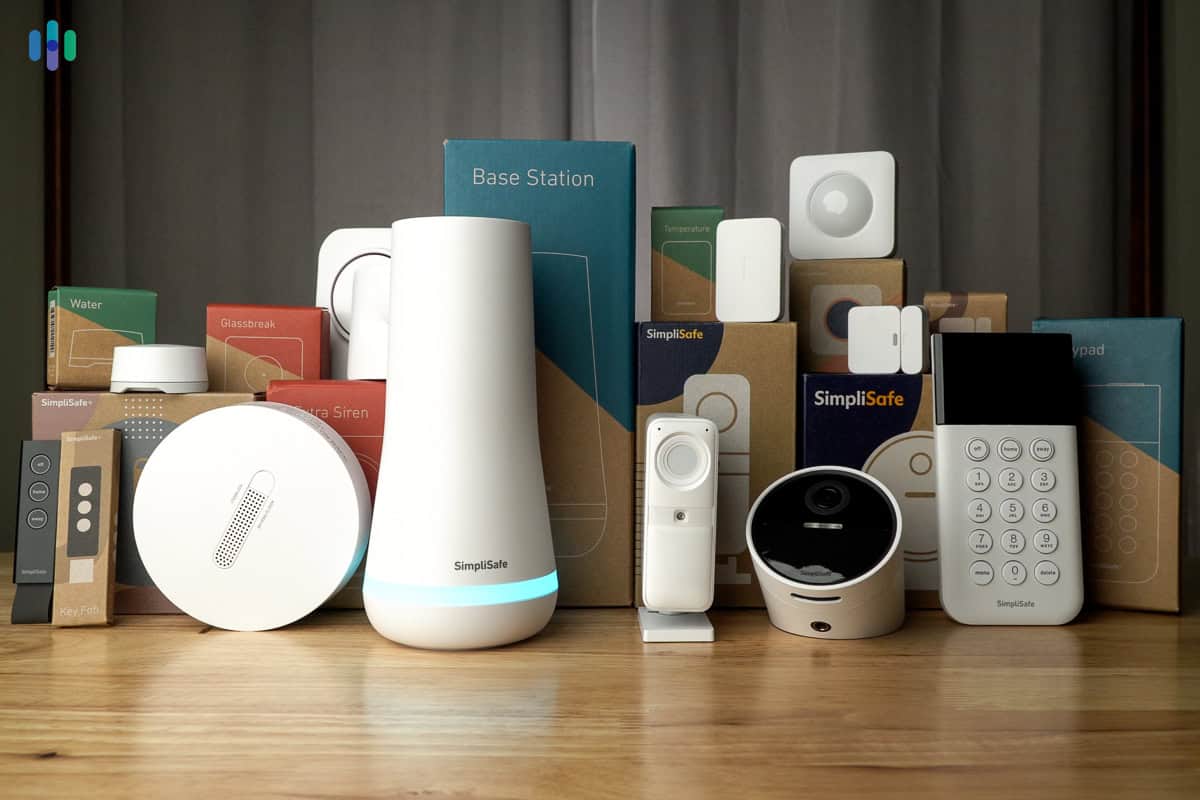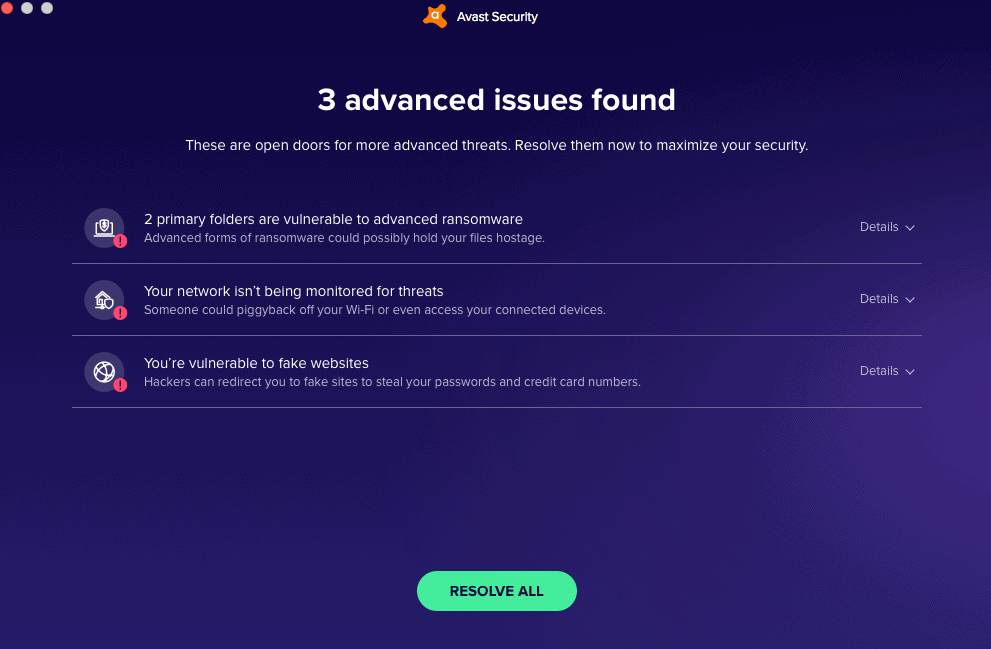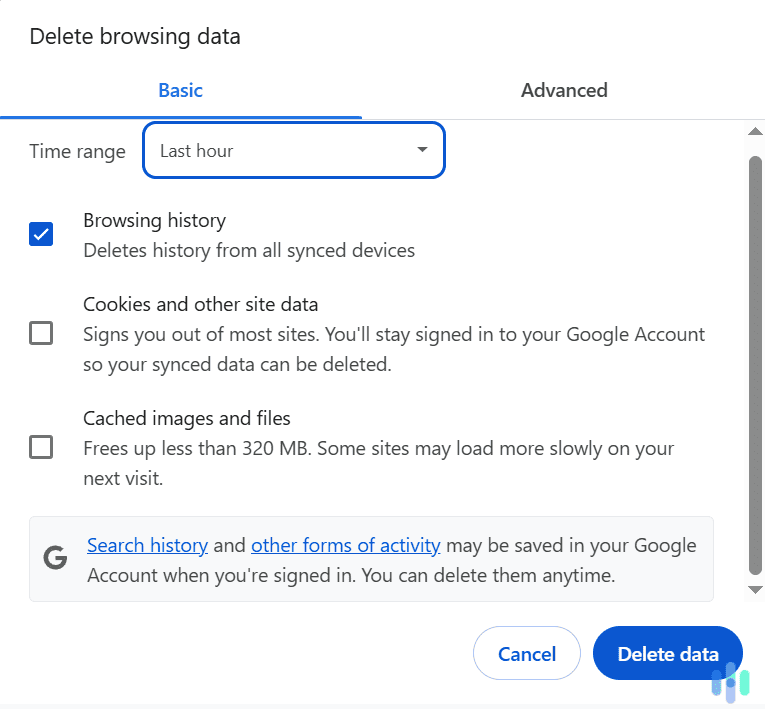Anytime anyone offers you something free, you should think twice if it’s safe to accept it. That’s true even if that something is coming from a legitimate business with millions of users. We’re talking, of course, about Credit Karma – a free credit checking service.
Is Credit Karma useful? Of course! Is it free? Absolutely! But is it safe? Well, that’s what we’ll try to find out. Credit score apps like Credit Karma collect personal information about users, so our experts put Credit Karma to the test with their own personal information to see if they can keep that data safe.
The Facts About Credit Karma
| Who owns Credit Karma? | Intuit |
| When was the company founded? | 2007 |
| How many users does it have? | 110 million |
| How much does it charge? | $0 |
Is Credit Karma Safe?
We’re not going to keep you in suspense. Yes, Credit Karma is safe for you to use, but as we’ll point out in the following sections, it’s not completely foolproof. You have to do your part to make sure your personal data doesn’t end up where it shouldn’t. But as far as Credit Karma’s own security and privacy measures go, we have no reason to believe it’s not safe.
What does that mean in concrete terms? It means you can trust the company with your personally identifiable information (PII). Credit Karma collects as little data about you as it can while still providing its services. More importantly, its privacy policy pledges never to sell that information to anyone. In addition, the company takes active steps to protect your information from hackers and identity thieves, using tools like 128-bit encryption, two-factor authentication, and bug bounty programs.
>> Also see: Is Webull Safe?
Did You Know: Using a reliable virtual private network (VPN), like NordVPN, helps keep your data safe while browsing the web. Nord has one of the fastest speeds out there, and plans are available for as low as $3.79 per month.
How Does Credit Karma Keep You Safe?
Let’s dig into the details a bit. How exactly does Credit Karma go about keeping you safe? As with any service or app, security isn’t about any single aspect of the way the company operates. Instead, it’s made up of multiple factors working together.
128-Bit Encryption
Credit Karma deals with personal information. It gets that information from you and other users and transmits that information to credit agencies. Those agencies send it scores, which it then transmits to you. That’s a lot of data floating around.
The best way to protect data when they’re in transit is through encryption. In-transit encryption means the data is encrypted before it leaves the source (e.g. Credit Karma’s server) and can only be decrypted once it reaches the destination (e.g. the server of a credit agency). That way, even if someone intercepts the data while it’s floating in cyberspace, they won’t be able to read what’s inside it.
Encryption for data at rest is another important type of encryption. Essentially, it’s encryption for data stored in a server. It’s only decrypted when the data needs to be accessed or moved, ensuring that even a security breach won’t leak sensitive information.
Credit Karma uses both types of encryption to protect customer data, and the encryption standard they use is 128-bit AES. It’s what most refer to as bank-grade encryption because the U.S. Treasury Department notes that it offers “high-level security.”1 There is an encryption grade higher than 128-bit AES, namely 256-bit AES, but by all means, Credit Karma’s encryption standard is trustworthy.
FYI: There are three credit reporting agencies: Experian, Equifax, and TransUnion.
Transparency and Responsiveness
No company is entirely immune to hacking. Credit Karma pledges, though, that it will notify you as soon as it discovers it has suffered a breach. In addition, it maintains a dedicated incident response team trained to work with you to restore normalcy should a breach ever occur.
Bug Bounty Program
Credit Karma isn’t just on the lookout for app bugs itself; it offers a reward to anyone who reports a bug they’ve discovered. This means you can count on the company to find any flaws and to fix them before they do any damage.
External Assessments
One of the things we like best about Credit Karma is that the company doesn’t just ask you to take its word that it is safe. Instead, it has objective, third-party companies verify its credentials. For example, Credit Karma brings in external assessors to check the company for security leaks of any kind. In addition, it pays external auditors to perform random checks on its service to make sure it’s living up to its security claims.
Less Information at Risk
In addition to protecting PII with 128-bit encryption, Credit Karma also limits the amount of information it collects in the first place. That way, if the company should suffer a breach, that breach won’t put your identity at risk. Credit Karma asks only for your name, address, birthdate, and the last four digits of your Social Security number. It doesn’t store Social Security numbers, so there’s virtually no risk that anyone can steal this information.
Read-Only Reports
Credit Karma’s credit reports are read-only. That means no one, including Credit Karma itself, can hack the system and change the details of your credit history.
Defining Tech Terms: Read-only documents can only be read, not changed. That makes them safe from tampering.
Two-Factor Authentication
Credit Karma offers all of its users two-factor authentication. Not only do you enter a password to access the site, but you must also enter a one-time code sent to your mobile device. This means even if someone should get your password, they still won’t be able to get into your account.
>> Related: Is Cash App Safe?
Credit Karma’s Privacy Policy
The mark of a secure company is a privacy policy that guarantees your PII is safe and won’t be sold to the highest bidder. As mentioned, Credit Karma’s policy states in clear terms that it collects as little information as possible about you and will never sell that information to a third party.
You might be asking yourself at this point how Credit Karma continues to exist. How can it offer valuable services like credit reports without charging a fee? That’s a fair question, especially since selling customer information is how lots of companies make their money these days.
>> Also check out: Is Robinhood Safe to Use?
One of Credit Karma’s most important services is matching customers with lenders. However, the company doesn’t give your information to that lender directly. Instead, it uses your information to match you with a lender. You must then contact the lender for yourself. Credit Karma doesn’t give your information directly to any third party. In fact, it’s worth remembering that once you begin working with a lender, Credit Karma is no longer protecting you, and you must count on the lender to secure your data.
So how does the company make its money? Lenders know just how many users Credit Karma has, and they vie with one another to get premium advertising spots on its pages. Credit Karma even uses sophisticated algorithms to make sure you see only the ads that are most relevant to you. None of that requires the company to sell your data to anyone.
Protecting Yourself When You’re Using Credit Karma
Credit Karma does what it can to keep you safe when you’re using the app, but you have to do your part too. Make sure you’re using best online practices any time you’re using the service.
- Use a safe password. ABC123 won’t cut it as a password. If you want to be safe, you have to create strong passwords to keep anyone from gaining access to your accounts. You can check yours out now with our free password strength checker.
- Never share passwords with anyone. It doesn’t matter how safe your password might be if you go around sharing it with people. It’s important you keep this information to yourself.
- Make use of two-factor authentication. Credit Karma offers two-factor authentication. This means a hacker needs more than your password to log in. You have to turn it on, but it ensures you’re safe even if your password should fall into the wrong hands.
- Use a VPN. The best VPNs provide an extra layer of protection when you’re surfing the web. A VPN encrypts your online activity and assigns your device an anonymous IP address so no one can track you.
- Install antivirus software. Another important tool for keeping yourself safe online is antivirus software. The best antivirus software not only keeps you from getting viruses but prevents you from getting other sorts of malware as well and from falling prey to fake websites and phishing schemes.
- Keep your software up to date. The reason companies release updated versions of their software is to fix problems, particularly security flaws. Credit Karma has a bug bounty program designed to catch any glitches before they cause problems. However, if you want to be fully protected, you have to make sure you have the most recent version of the app.
Wrap-Up
What is it they say? Nothing is ever certain except for death and taxes? We can’t guarantee identity thieves can’t get to you if you’re using Credit Karma. We can’t make that guarantee about any app out there. What we can say is that Credit Karma is as safe an app as you will find. It doesn’t sell your PII, it uses tools like 128-bit encryption, and it pays other companies to perform random audits to make sure you’re protected. That’s vigilance.
Plus, if something should ever go wrong, the company is committed to working with you to fix the problem. Credit Karma promises to notify you immediately of any breaches, and it has a dedicated team of security experts who go into action at the first sign of trouble.
The bottom line is that 110 million users have trusted Credit Karma to check their credit scores. And you can too.
FAQs
Before you rush off, take the time to look through some of our most frequently asked questions about Credit Karma’s safety and security. You might find the answers you’ve been looking for.
-
Can I trust Credit Karma?
Yes. Credit Karma is absolutely trustworthy. The company has a strict privacy policy and will never sell your data to third-party vendors. In addition, it uses tools like two-factor authentication and 128-bit encryption to make sure that hackers can’t access your information or steal your identity.
-
Does using Credit Karma hurt your credit?
Using Credit Karma does not hurt your credit. Credit queries from Credit Karma count as self-initiated inquiries, which are treated as soft credit inquiries. This means that, unlike hard credit inquiries, they have no effect on the score itself.
-
Does Credit Karma sell your information?
Credit Karma does not sell customer information. It collects as little information as possible and its privacy policy clearly states that it does not sell this information. Instead, Credit Karma makes its money by placing lender ads on the pages of users who can make the most of the information.
-
Who owns Credit Karma?
Since December 2020, Intuit has owned Credit Karma. Intuit, based in California, produces financial services software, including the popular TurboTax package.
-
Has Credit Karma ever been hacked?
There is no evidence that Credit Karma has ever been hacked. There was an incident in 2017 that, according to the company, compromised some user data. However, the company has been unwilling to explain what happened or how many users were affected.






